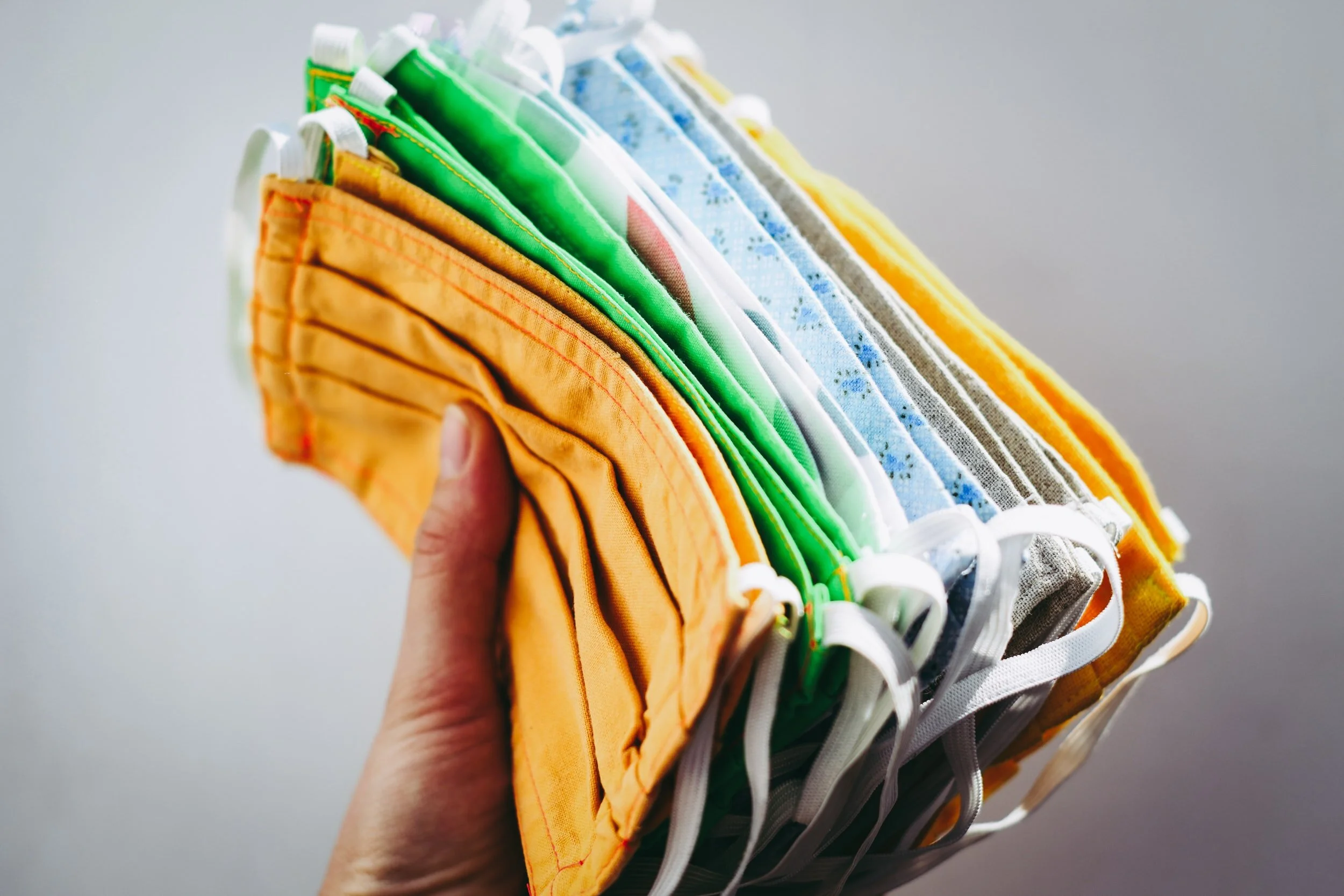COVID-19 litter and its impact on animal life
We are all working to stay safe and protect ourselves and our loved ones during this pandemic. The rapid growth of personal protective equipment (PPE) being used during the COVID-19 pandemic is resulting in a new wave of litter; protective face masks and gloves. Ironically these items that are designed to keep us safe are harming animals around us as they make their way into their natural habitat.
In a recent animal biology research article (see full article here) COVID-19 litter has been identified as an “emerging threat to animals” with PPE litter being found in terrestrial, freshwater and marine ecosystems. Its impact is being observed in a wide variety of animals ranging from birds and mammals, fishes to crabs to name a few. Cases of entanglement, entrapment and ingestion of COVID-19 litter, in addition to the use of it as nesting material are being discovered.
Plastic waste, including disposable gloves is an ongoing problem. Marine wildlife such as whales, fishes, turtles and seabirds can mistake plastic waste for prey and choke, suffer fatal bowel obstructions or die from starvation as their stomachs fill with plastic. They can also suffer from injuries, infections and reduced ability to fly or swim. Floating plastics also contribute to the spread of invasive marine organisms and bacteria, which disrupt ecosystems. You can read the full article here.
4 things we can do to help make a difference:
Correct disposal - cut up disposable gloves and snip the straps on face masks before discarding them in the rubbish bin.
Switch to reusables - wear washable cloth masks where possible. According to UCL Plastic Waste Innovation Hub, “switching to reusables will result in a 95% reduction in waste”, so it is worth the effort!
Report PPE littering – for details in Victoria go to https://www.epa.vic.gov.au/. Another great website www.covidlitter.com encourages viewers to share observations of animals interacting with PPE litter including entanglement, entrapment, ingestion, playing with or using COVID-19 litter as a nesting material.
Cut back on disposable plastics - try to reduce your use of disposable plastics such as plastic straws, cups, shopping bags, food packaging etc. Reuse and recycle your plastic products whenever possible. It all makes a difference.
We hope you, your family, pets and loved ones are safe during this pandemic and let’s continue to look for ways to keep our animals and environment safe too.

